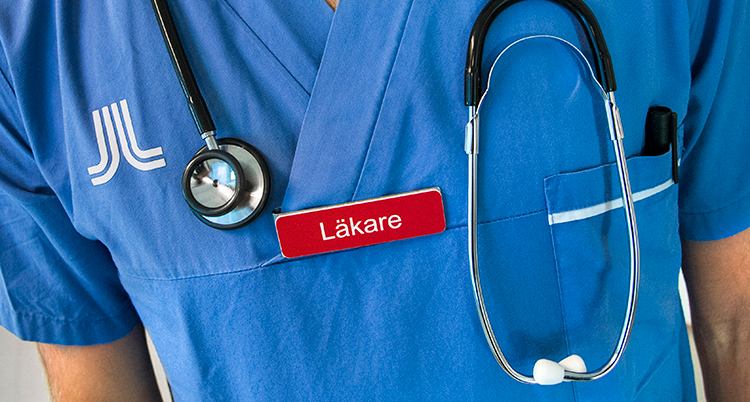Swedish Hospital Probes Pediatric Heart Care After Dozens of Children Wrongly Declared Healthy

A major review is underway at Jönköping's regional hospital after approximately 80 children with heart conditions were incorrectly declared healthy by a single physician. The hospital is now examining medical records for 700 children who received care for heart conditions to determine whether they received proper treatment. The investigation comes after parents noticed their children continued to experience breathing difficulties and low energy levels despite being told they were cured.
Simon Rundqvist, head of the pediatric clinic at Jönköping County Hospital, expressed serious concerns about the situation. "This is not how things should be. You should be able to trust your doctor," Rundqvist told P4 Jönköping. He emphasized that the number of cases where medical assessments fell short of standards was unacceptably high, prompting the comprehensive review currently in progress.
The issue came to light when parents of several children sought medical care again after noticing persistent symptoms. Subsequent examinations by different doctors revealed that the children's heart conditions had not resolved as previously claimed. Several children now require heart surgery that might have been avoided with proper initial diagnosis and treatment.
The physician responsible for the misdiagnoses worked at the hospital for approximately six years before leaving several years ago. Region Jönköping has engaged external experts to assist in reviewing the cases and is recalling all affected children for follow-up examinations. The hospital administration has been unable to contact the former physician for comment despite attempts by local media.



